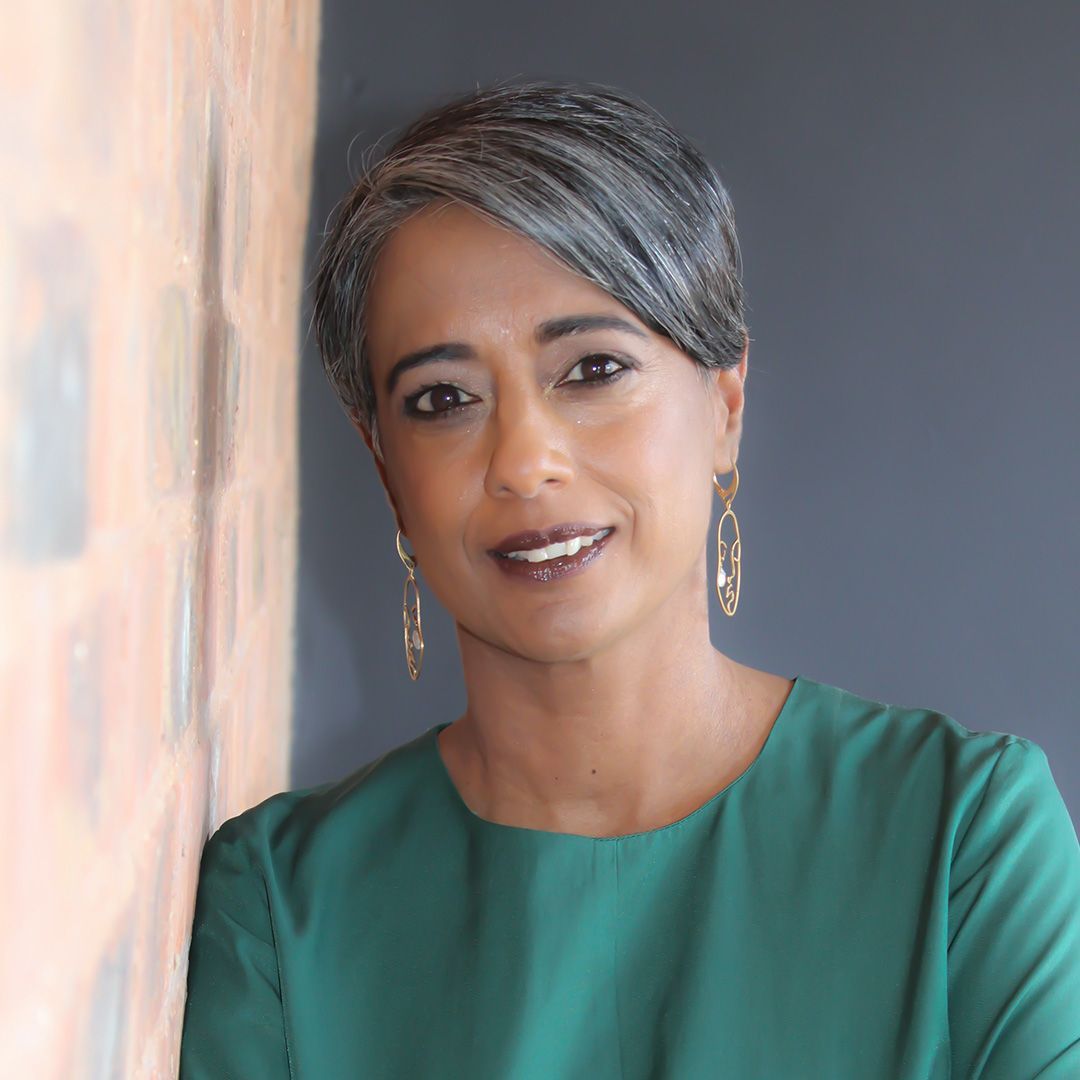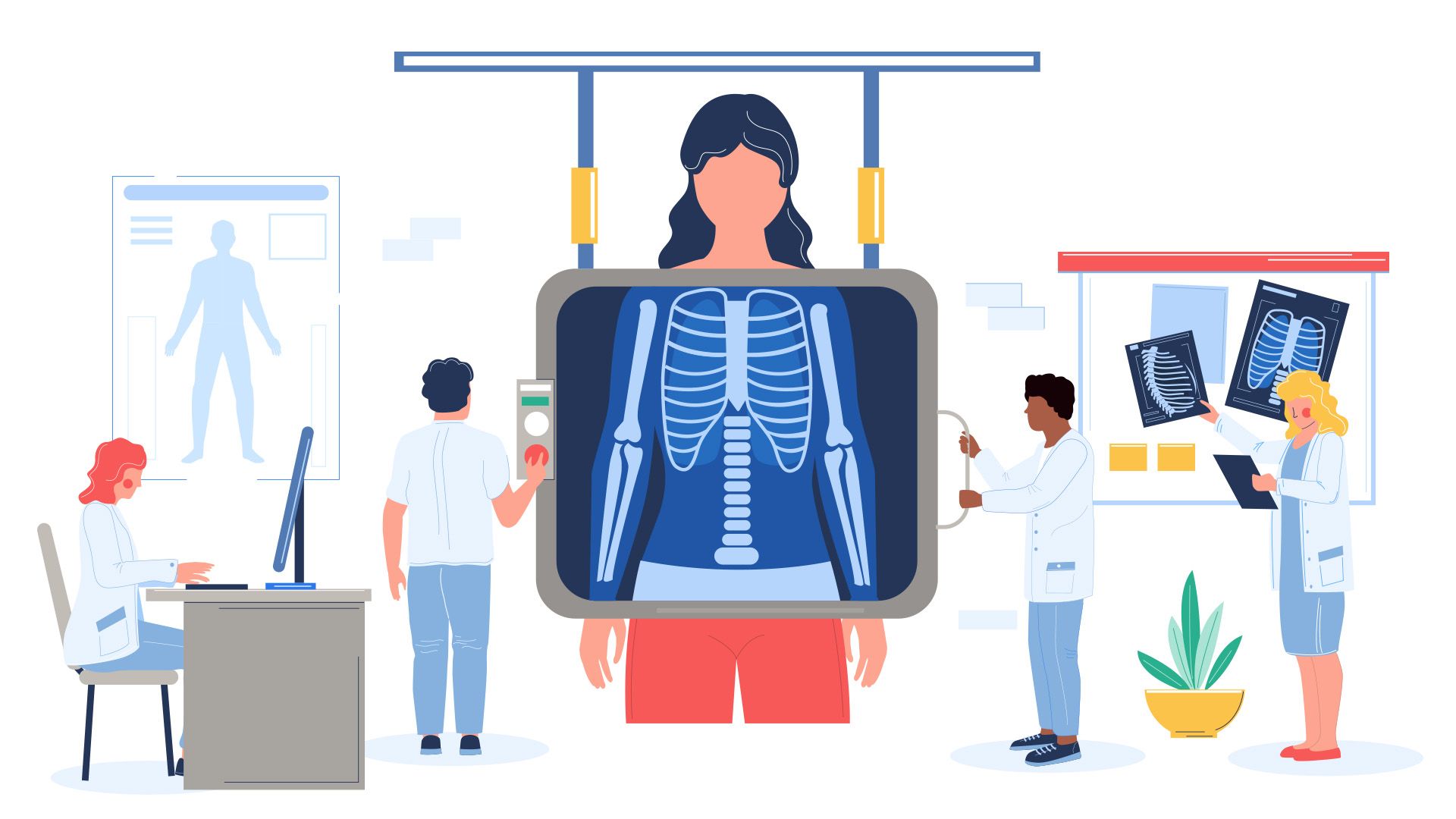Living life with no regrets – why you want to test for cancer
The untold story of nuanced optimism in cancer care
We all want to live a life without regrets, and one of the main regrets people express when they are diagnosed with cancer is that they did not test for the condition earlier.
With one in four South Africans affected by cancer, either directly or through a loved one’s diagnosis, the importance of regular screenings cannot be overstated. These screenings should hold at least as much priority in our lives as the routine renewal of our car licences. Yet, all too often, life gets busy, and we put off what needs to be done, postponing these critical appointments. We tell ourselves that we couldn’t possibly deal with a cancer diagnosis on top of the pressures and obligations we already face, inadvertently compromising our health.
Prioritising our health means confronting our fears with proactive action, ensuring that we do everything possible to identify potential issues before they escalate. By screening regularly, we are not just taking care of ourselves but are also providing peace of mind to those who care about us.
Here’s a home truth from someone who has worked in cancer care and on the frontlines of medicine for close to three decades: Trust me, you do want to find out if you have cancer as soon as possible. Cancer is largely invisible, and the easiest way to set your mind at ease and live without regrets is to make a point of discussing your family history of cancer and personal risk factors with your doctor, and finding out which tests are covered in your medical scheme benefits and how often.
With the range of treatment options that exist today, there should be a more nuanced optimism in society’s understanding of cancer. We hardly ever hear about the many stories of recovery, where people are diagnosed early, receive treatment and go into remission to live for many more fulfilling years.

Dr Prinitha Pillay is a radiation and clinical oncologist practising at Netcare Alberton Hospital. Photo credit Elzaan Pienaar.
About the author Dr Prinitha Pillay
BSc Hons (Wits), MBBCh (Wits), MSc (LSHTM), MMed (Wits), FC Rad Onc (SA)
Dr Prinitha Pillay is a radiation and clinical oncologist practising at Netcare Alberton Hospital. Before specialising in Oncology and undertaking a fellowship in Radiation Oncology, she spent a decade in Doctors Without Borders and served as its president for South Africa. Dr Pillay served as a technical specialist on HIV and TB with the University of Witwatersrand and holds a Master’s degree in Infectious Diseases and Global Policy from the London School of Hygiene and Tropical Medicine.
They don’t make movies about the stories of survival we see and the quiet strength of those whose cancer can be medically managed over years and decades – often while the person continues working and participating in family life.
Wherever possible, it’s imperative to take steps to detect cancer before it reaches a stage where it starts impacting your quality of life – please get yourself checked from top-to-toe regularly. Book your Pap smear, or preferably talk to your doctor about HPV-subtype testing that indicates a risk of cervical cancer, your prostate exam and blood tests, mammogram, ENT appointments and dermatologist checks.
I would especially like to urge people living with pre-existing conditions like HIV or diabetes and their healthcare practitioners to remain vigilant of the ever-present risk of cancer.
If your screening reveals something of concern, remember you are not alone, and there is a vast network of support. A basic truth about cancer is that usually, when we can pick it up earlier, the outcomes and options tend to be better. It’s crucial to shift our perspective and recognise that early detection can be a lifeline that can make all the difference, offering a wider array of treatment possibilities and a better chance at remission. Whatever the stage or type of cancer a person has, there is always something we can do to help.
No one walks this road alone. The journey through cancer is as much about the support that surrounds the patient as it is about the medical treatments they undergo. Friends and family become pillars of strength, offering emotional support and practical assistance, whether accompanying someone to appointments or simply providing a listening ear.
As healthcare professionals, we understand that our role extends far beyond providing medical expertise. We are here to offer compassion and understanding, striving to be a beacon of hope for those navigating the challenging journey of cancer. We recognise the power of human connection and make it our mission to ensure that no one feels alone during this time.
Support groups and communities are more than just gatherings; they are lifelines where shared experiences create bonds that foster belonging and resilience. Every person involved, from family members to fellow patients, contributes to a collective strength that helps lighten the burden. In moments of adversity, it's the empathy and solidarity of those around us that remind us of our shared humanity.
We walk this path together, reinforcing the idea that even in the toughest times, we are never truly alone.













